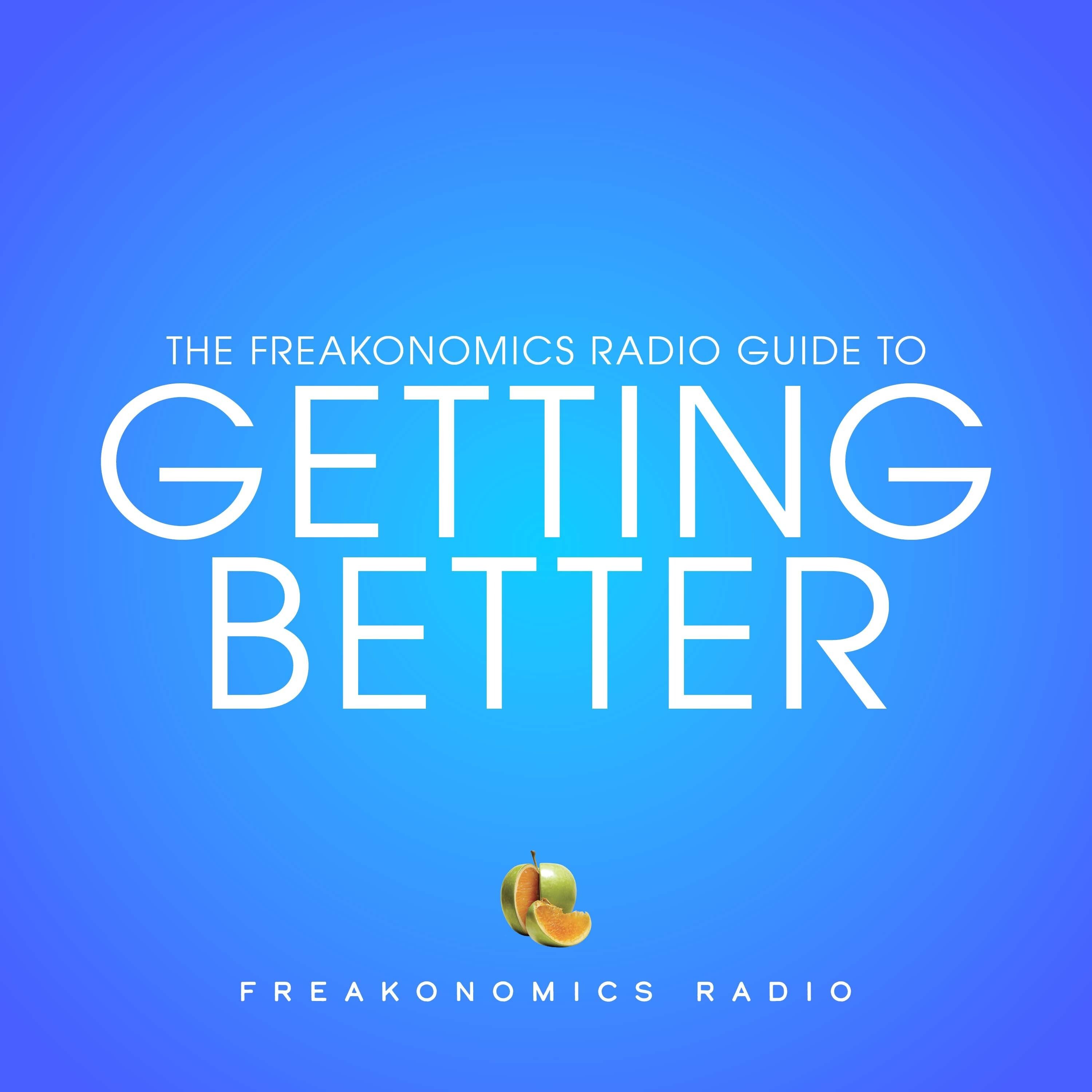Freakonomics Radio
Zeke Emanuel (a physician, medical ethicist, and policy wonk) has some different ideas for how to lead a healthy and meaningful life. It starts with ice cream. (Part three of “The Freakonomics Radio Guide to Getting Better.”)
- SOURCES:
- Zeke Emanuel, oncologist, bioethicist, professor at the University of Pennsylvania.
- RESOURCES:
- Eat Your Ice Cream: Six Simple Rules for a Long and Healthy Life, by Zeke Emanuel (2026).
- “Nutrition Science’s Most Preposterous Result,” by David Merritt Johns (The Atlantic, 2023).
- EXTRAS:
- “Is Ozempic as Magical as It Sounds?” by Freakonomics Radio (2024).
- “The Suddenly Diplomatic Rahm Emanuel,” by Freakonomics Radio (2023).
- “Ari Emanuel Is Never Indifferent,” by Freakonomics Radio (2023).
- “What’s the “Best” Exercise?” by Freakonomics Radio (2014).
Hosted by Simplecast, an AdsWizz company. See pcm.adswizz.com for information about our collection and use of personal data for advertising.

522. Is Google Getting Worse?
It used to feel like magic. Now it can feel like a set of cheap tricks. Is the problem with Google — or with us?
The Most Interesting Fruit in the World (Ep. 375 Update)
The banana, once a luxury good, rose to become America’s favorite fruit. Now a deadly fungus threatens to wipe it out. Can it be saved?
521. I’m Your Biggest Fan!
It’s fun to obsess over pop stars and racecar drivers — but is fandom making our politics even more toxic?
520. The Unintended Consequences of Working from Home
The last two years have radically changed the way we work — producing winners, losers, and a lot of surprises.
519. Has Globalization Failed?
It was supposed to boost prosperity and democracy at the same time. What really happened? According to the legal scholar Anthea Roberts, it depends which story you believe.
518. Are Personal Finance Gurus Giving You Bad Advice?
One Yale economist certainly thinks so. But even if he’s right, are economists any better?
517. Are M.B.A.s to Blame for Wage Stagnation?
New research finds that bosses who went to business school pay their workers less. So what are M.B.A. programs teaching — and should they stop?
Please Get Your Noise Out of My Ears (Ep. 439 Update)
The pandemic provided city dwellers with a break from the din of the modern world. Now the noise is coming back. What does that mean for our productivity, health, and basic sanity?
516. Nuclear Power Isn’t Perfect. Is It Good Enough?
Liberals endorse harm reduction when it comes to the opioid epidemic. Are they ready to take the same approach to climate change?
Extra: Ken Burns | People I (Mostly) Admire
The documentary filmmaker, known for The Civil War, Jazz, and Baseball, turns his attention to the Holocaust, and asks what we can learn from the evils of the past.
